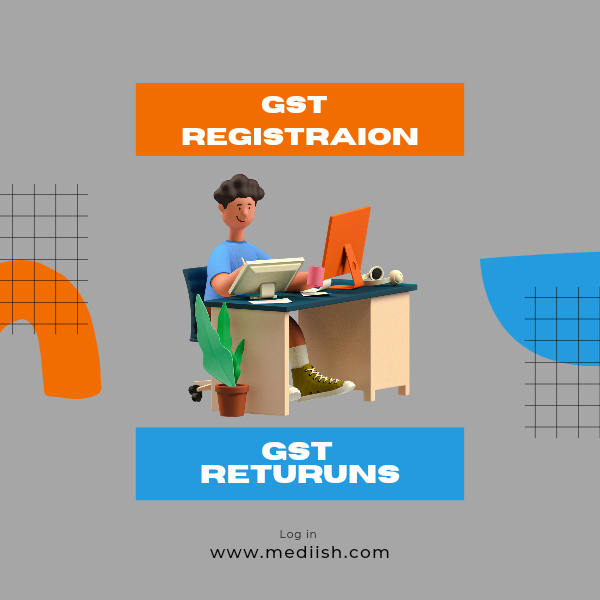GST (Goods and Services Tax) Registration is a process by which a business becomes a registered entity under the Goods and Services Tax system in India. This registration is mandatory for businesses whose turnover exceeds the prescribed threshold limit or for specific types of businesses, regardless of their turnover. Upon registration, a unique GST Identification Number (GSTIN) is assigned to the business, which is used for tax purposes.
Key Points of GST Registration:
- GSTIN (Goods and Services Tax Identification Number):
- A 15-digit unique identification number provided after successful registration.
- It is used to track and record GST-related activities of a business.
- Who Needs GST Registration:
- Businesses with an annual turnover exceeding ₹40 lakhs (₹20 lakhs for special category states) for goods.
- Businesses with an annual turnover exceeding ₹20 lakhs (₹10 lakhs for special category states) for services.
- E-commerce operators and aggregators.
- Businesses engaged in interstate supply of goods and services.
- Agents supplying goods or services on behalf of other taxable persons.
- Input service distributors and those liable to pay tax under reverse charge mechanism.
- Casual taxable persons and non-resident taxable persons.
- Types of GST Registration:
- Regular GST Registration: For businesses operating on a regular basis whose turnover exceeds the prescribed limit.
- Composition Scheme: A simpler form of registration for small businesses with an annual turnover of up to ₹1.5 crore. It allows them to pay GST at a fixed rate based on turnover instead of regular tax rates.
- Casual Taxable Person: For businesses or individuals who conduct occasional transactions but do not











Reviews
There are no reviews yet.